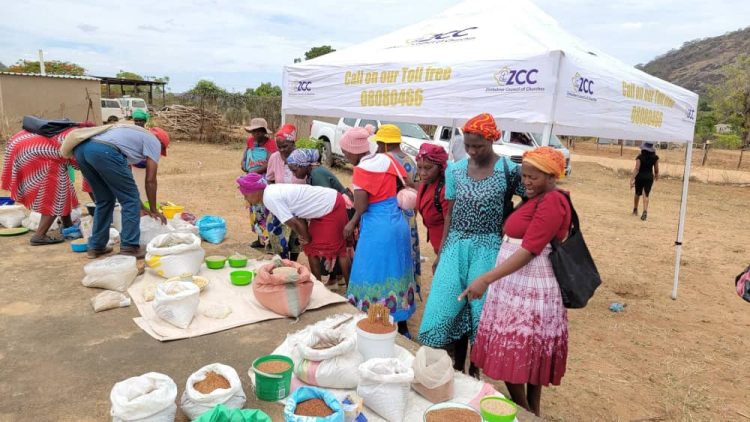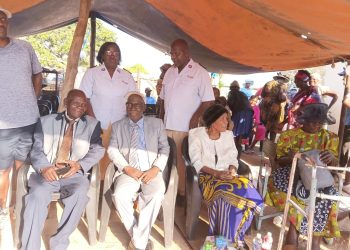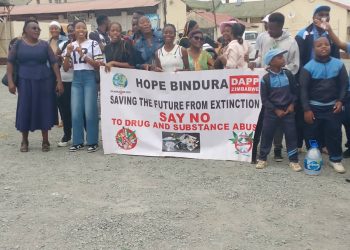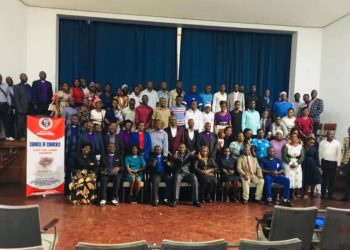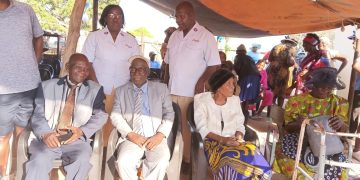Rural women are stepping into a new era, one where technology and innovation can amplify their contributions to agriculture, business, and community resilience.
Monica Mutsvangwa, Minister of Women Affairs—launching a digital empowerment last week aimed at equipping rural women with the technology skills needed to boost entrepreneurship, farming, and climate resilience.
She said rural women make up over 80% of Zimbabwe’s female population and contribute 70% of the country’s agricultural labour, yet they continue to face barriers such as limited access to education, finance, and digital tools.
“This Hub will equip rural women with the digital skills they need to succeed in today’s economy…from online marketing and e-commerce to mobile banking… rural women thrive, families prosper, communities flourish, and the nation advances.”
This year’s commemorations, held under the theme “Rural Women Rising – Shaping Resilient Futures with Beijing+30,” mark three decades since the Beijing Declaration’s global commitment to gender equality.
According to the 2025 National Digital Literacy and Skills Assessment (NDLSA), only 3.4% of Zimbabweans possess advanced digital competencies, while 67.2% lack even basic skills ¹.
Regarding digital illiteracy, a report by ZimStat indicates that Zimbabwe’s literacy rate dropped to 93.7% in 2022, with approximately 900,000 people aged four years and above being illiterate. The literacy rate is higher among men (95.2%) compared to women (92.4%).
However, specific data on digital illiteracy percentage for women in rural areas is not readily available. The reports highlight financial constraints as a major reason for leaving school, affecting 50.2% of rural areas and 36.7% of urban areas.
The event also aligns with the African Union’s agenda for inclusive agri-food systems and climate-smart development.
“Our Constitution and policies reaffirm gender equality, but we must go further to ensure rural women benefit from technological advancement.
“Rural women must lead in building climate resilience, strengthening food security, and protecting our natural resources,” said Mutsvangwa.
“They are not just beneficiaries they are leaders, innovators, and change-makers in their own right.”
The Empowerment Hub will integrate digital financing solutions, connecting women in remote areas to funding opportunities via mobile platforms linked to national credit facilities such as the Women Development Fund, SMEDCO, and the Women’s Microfinance Bank.
Mutsvangwa also applauded the French Ambassador to Zimbabwe, Paul Bertrand Barets, for supporting the project, noting that the partnership underscores the importance of international collaboration in advancing women’s empowerment.
As Zimbabwe joins the world in celebrating rural women, the minister called for sustained investment in initiatives that empower them socially and economically.
“The empowerment of rural women is not a favour; it is a necessity for sustainable development,” she said.





